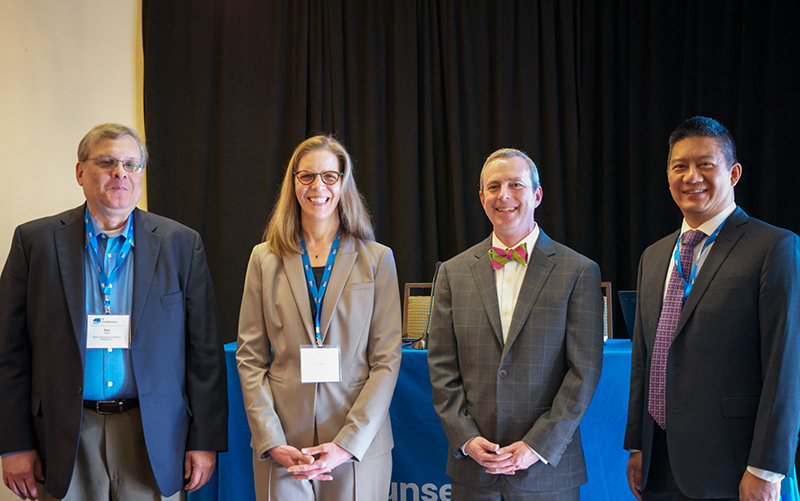Health and Human Services (HHS) is set to assess three drug payment models for Medicare and Medicaid in response to President Biden’s proposal to reduce the price of prescription drugs.
“We are full steam ahead in delivering the cost savings from the President’s Inflation Reduction Act of 2022, and people on Medicare are already feeling the benefits. But as President Biden has made clear, we must build on the new prescription drug law with further action, which is why HHS is implementing these new projects to bring down prescription drug costs,” HHS Secretary Xavier Becerra announced.
While two would accomplish what the Biotechnology Innovation Organization (BIO) has long encouraged the government to achieve, one would jeopardize the essential therapies and the Accelerated Approval Program pathway.
HHS presented three drug payment models that it hopes would bring down the price of prescription medications for the Centers for Medicare & Medicaid Services (CMS) Innovation Center to evaluate.
In the Medicare Part D program, HHS suggests testing generic copay caps ($2 per month/drug) as well as a plan to improve access to cell and gene treatments through multi-state outcomes-based payment structures.
“The prescription drug law is making lifesaving prescription drugs more affordable for millions of people who have Medicare, and through the selected models, the Innovation Center will lower prescription drug costs and improve access for people with Medicare and Medicaid, ranging from $2 access to certain generic drugs to better deals for expensive new therapies,” CMS Administrator Chiquita Brooks-LaSure explained.
According to BIO’s Chief Policy Officer John Murphy, these two approaches tackle patients’ out-of-pocket costs while offering “better payment systems that reward the value a medicine brings to the patient and overall healthcare system.”
Nevertheless, Murphy claims that the Accelerating Clinical Evidence Model “misses the mark significantly,” because it would “penalize companies for utilizing surrogate endpoints in an effort to get groundbreaking and necessary treatments to patients.”
BIO looks forward to working with HHS on the first two programs, which would “deliver true relief to patients at the pharmacy counter while also ensuring incentives remain for innovation,” says Murphy. However, “BIO opposes this attack on the Accelerated Approval pathway and will continue efforts to support scientists, innovators, and the millions of patients desperate for new cures.”
Read more about the value of the Accelerated Approval pathway.




